Kidney Transplant Success Rate After Dialysis
Discover the success rate of kidney transplants after dialysis and what it means for long-term health. Learn how timely transplantation can improve survival, quality of life, and overall wellness.

Written by
Last updated on 14th Jul, 2025
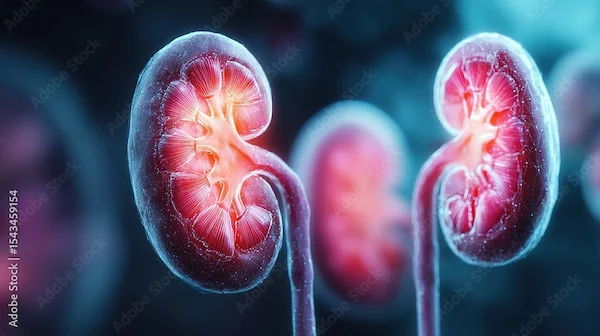
Introduction
If you or a loved one is on dialysis and considering a kidney transplant, you may have questions about success rates, risks, and what to expect. A kidney transplant can be a life-changing procedure, offering better quality of life and long-term health benefits compared to long-term dialysis. In this article, we’ll break down the success rates, factors affecting outcomes, and how to prepare for a successful transplant.
Understanding Kidney Transplant Success Rates After Dialysis
Kidney transplants are generally very successful, with high survival rates for both the patient and the transplanted kidney. Here’s what research and medical data show:
1-Year Success Rate: Around 90-95% of transplanted kidneys function well after one year.
5-Year Success Rate: Approximately 80-85% of kidney transplants remain successful after five years.
10-Year Success Rate: About 50-60% of transplanted kidneys continue to function well after a decade.
These rates can vary based on factors like the donor type (living or deceased), patient’s overall health, and post-transplant care.
Does Dialysis Affect Transplant Success?
Being on dialysis before a transplant is common, but the duration of dialysis can influence outcomes:
Shorter Dialysis Duration: Patients who receive a transplant after a shorter time on dialysis (less than 5 years) tend to have better success rates.
Longer Dialysis Duration: Prolonged dialysis (more than 5 years) may slightly reduce transplant success due to increased complications like heart disease or infections.
However, even after long-term dialysis, a transplant can still significantly improve life expectancy and quality of life compared to staying on dialysis.
Consult Top Specialists for Personalised Tips
Factors That Influence Transplant Success
Several factors determine how well a kidney transplant will work:
1. Donor Type
Living Donor Kidneys have higher success rates (95% at 1 year) because they are carefully matched and transplanted quickly.
Deceased Donor Kidneys have slightly lower success rates (about 90% at 1 year) due to longer preservation times.
2. Patient’s Age & Health
Younger patients (under 60) generally have better outcomes.
Conditions like diabetes, high blood pressure, or heart disease can affect success.
3. Compatibility & Rejection Risk
Better tissue matching reduces rejection risks.
Strict adherence to immunosuppressant medications is crucial.
4. Post-Transplant Care
Regular check-ups, a healthy diet, and avoiding infections improve long-term success.
Life After a Kidney Transplant: What to Expect?
A successful transplant can dramatically improve your life:
No More Dialysis: You’ll be free from dialysis sessions.
Better Energy Levels: Many patients feel more energetic and active.
Improved Diet Flexibility: Fewer dietary restrictions compared to dialysis.
Longer Life Expectancy: Transplant patients often live longer than those on long-term dialysis.
However, you’ll need to take anti-rejection medications (immunosuppressants) for life to prevent your body from attacking the new kidney. These medications can have side effects, so regular follow-ups with your doctor are essential.
How to Improve Your Chances of a Successful Transplant?
Ways to improve successful chances of transplant are:
1. Stay Healthy Before the Transplant
Control blood pressure and diabetes.
Maintain a kidney-friendly diet.
Stay active to keep your body strong.
2. Follow Medical Advice Strictly
Take prescribed medications on time.
Attend all doctor appointments.
3. Choose the Best Donor Match
If possible, a living donor (family member or close match) is ideal.
4. Prepare for Recovery
Plan for post-surgery care and support.
Avoid infections by practising good hygiene.
When to Consider a Kidney Transplant?
If you’ve been on dialysis and meet the eligibility criteria, a transplant could be the best option. Talk to your nephrologist if:
You are relatively healthy apart from kidney failure.
You have a potential living donor or are on the deceased donor waitlist.
You are ready to commit to lifelong medications and follow-ups.
Conclusion
A kidney transplant after dialysis offers a high success rate and a better quality of life for most patients. While the journey requires careful preparation and lifelong care, the benefits, freedom from dialysis, improved health, and longer life, make it a worthwhile option for many.
Consult Top Nephrologist
Consult Top Specialists for Personalised Tips

D. Akshay Zalavadiya
Nephrologist
3 Years • MBBS, MD, DM Nephrology
Ahmedabad
Beacon kidney consult, Ahmedabad

Dr. Siddharth Herur
Nephrologist
4 Years • MBBS, MD General Medicine, DM Nephrology
Kurnool
Medicover hospital and Gurudatta poly clinic, Kurnool

Dr. Anantha Rao
Nephrologist
7 Years • MBBS, DNB (General Medicine), DNB (Nephrology)
Kurnool
Aakash hospital and KIMS hospital, Kurnool
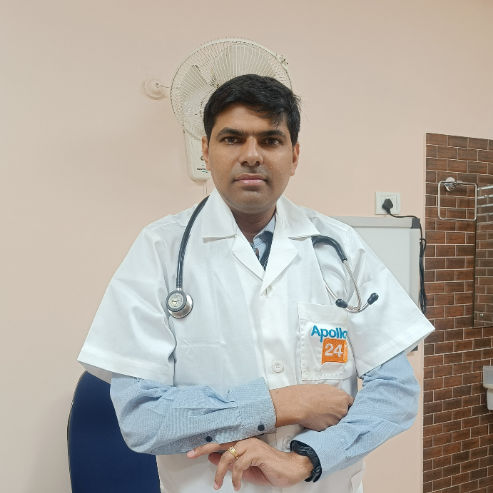
Dr. Tanmay Mukherjee
Nephrologist
13 Years • MBBS , MD (General medicine) , DNB (Nephrology)
Kolkata
Foresight Clinic and Diagnostic, Kolkata
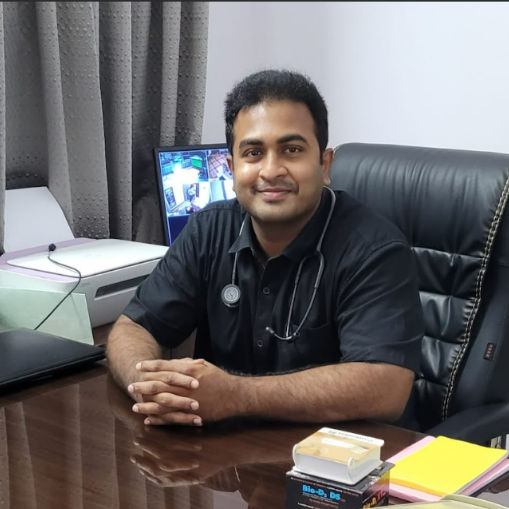
Dr. S Bipin Kumar
Nephrologist
13 Years • MBBS, MD General Medicine, DM, Nephrology
Rajamahendravaram
SG KIDNEY CARE, Rajamahendravaram
Consult Top Nephrologist

D. Akshay Zalavadiya
Nephrologist
3 Years • MBBS, MD, DM Nephrology
Ahmedabad
Beacon kidney consult, Ahmedabad

Dr. Siddharth Herur
Nephrologist
4 Years • MBBS, MD General Medicine, DM Nephrology
Kurnool
Medicover hospital and Gurudatta poly clinic, Kurnool

Dr. Anantha Rao
Nephrologist
7 Years • MBBS, DNB (General Medicine), DNB (Nephrology)
Kurnool
Aakash hospital and KIMS hospital, Kurnool

Dr. Tanmay Mukherjee
Nephrologist
13 Years • MBBS , MD (General medicine) , DNB (Nephrology)
Kolkata
Foresight Clinic and Diagnostic, Kolkata

Dr. S Bipin Kumar
Nephrologist
13 Years • MBBS, MD General Medicine, DM, Nephrology
Rajamahendravaram
SG KIDNEY CARE, Rajamahendravaram
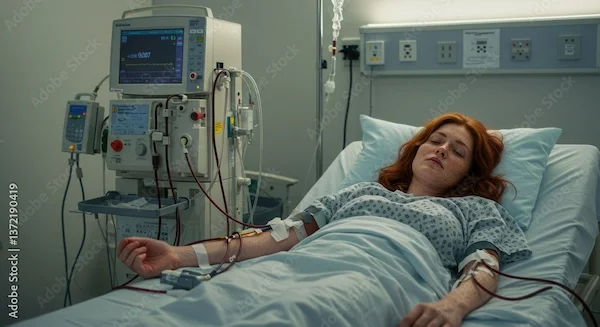
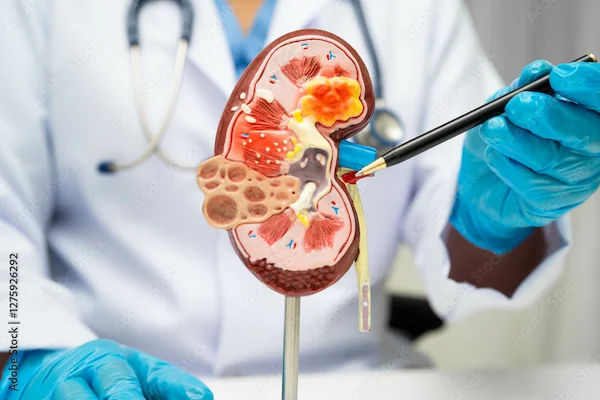
_0.webp)
_9.webp)
